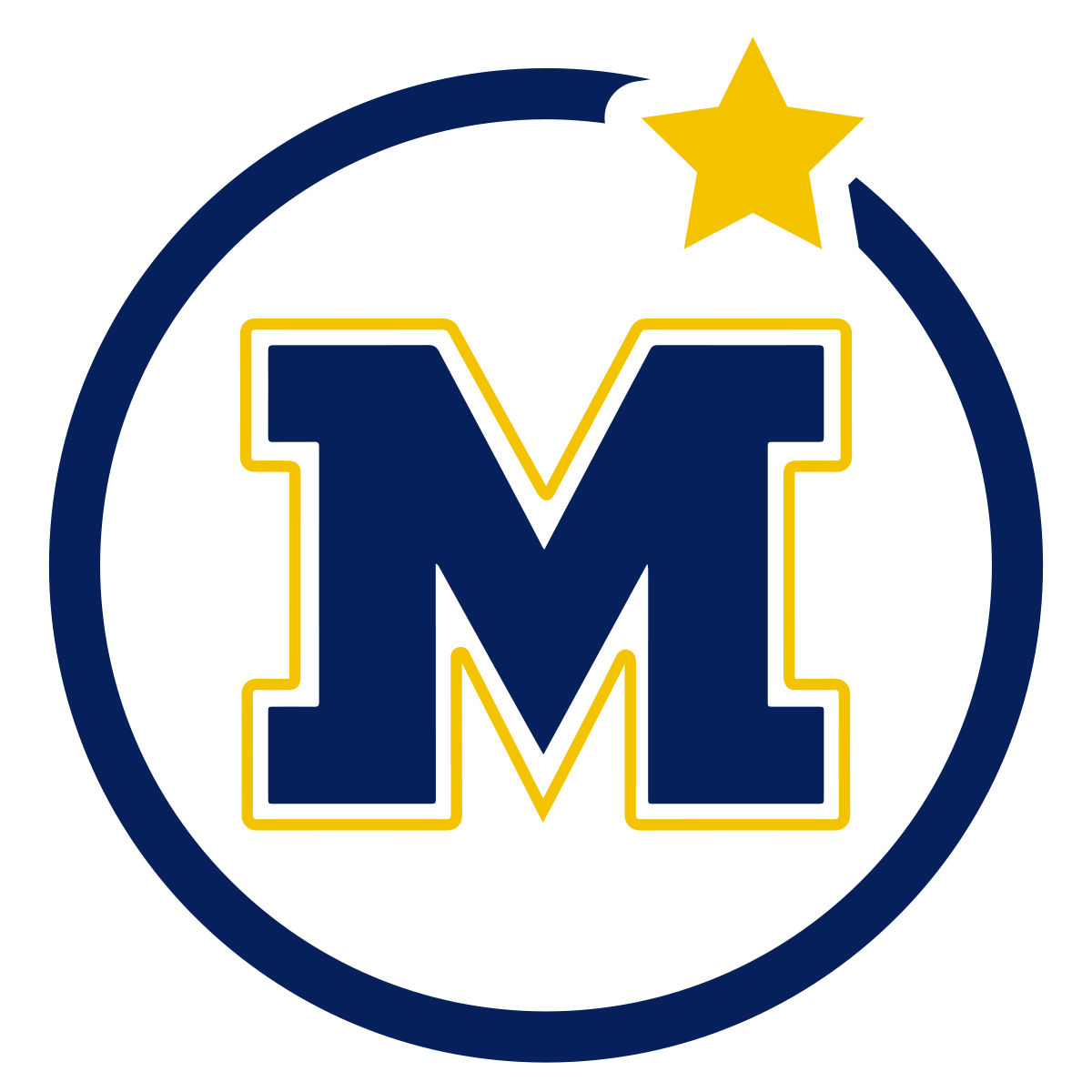Each month, Principal Susie Prather spotlights learning happening at O.H. Anderson (OHA) Elementary. Recently, she shared this message with our community about perseverance.
Dear OHA Students and Families,
At O.H. Anderson we have Zephyr Values that we describe as we want all students and staff to be. Each month we discuss this value on our morning news show and celebrate students and staff who are living this value. Perseverance is defined as I keep working even when it is difficult. OHA students and staff show perseverance daily and we celebrate that. Some examples include: running the mile in gym class, working through a multi-step math problem, writing a response to something we read while citing evidence, reading a challenging book, and learning how to play the guitar in music, to name a few.
This year we are implementing Wit and Wisdom as our literacy resource that works on building students' knowledge, vocabulary, and writing skills. It is a rigorous program aligned to the science of reading. Check out this website which has a 10-minute video that introduces families to this program.
Productive struggle is a learning process that involves working through challenging problems and developing skills like perseverance and creative thinking. It's often described as "the sweet spot of learning" because it's when students are challenged but not overwhelmed.
Productive struggle can help students:
Develop strong habits of mind, like perseverance and flexible thinking
Build mathematical rigor, which includes creativity, application, and non-routine problem-solving
Think outside the box
Solve problems they may have never seen before
Become better prepared for more difficult problems
Currently, our students and staff are modeling perseverance through productive struggle with the implementation of this new resource.
Teachers are spending professional learning days, their grade level meetings, and individual time each night learning about the new resource, the expected outcomes, and how to best support students in reaching these high expectations. I am so proud of our teachers and the professional collaborative conversations they are having to learn this resource together.
Students are demonstrating perseverance and engaging in productive struggle during our extended literacy block. They are building stamina in both reading and writing, while grappling with essential and focus questions throughout their modules. A 4th-grade essential question they are exploring is: "What does it mean to have a great heart, both literally and figuratively?"
They are reading complex texts. Maia Merin shared in a Great Minds resource, “We know that the ability to read complex texts is a strong indicator of success in college and the workplace (ACT, 2006) and an essential requirement for engaged citizenship. Yet too many students, often limited to reading leveled texts, continue through school without being challenged—or expected—to read the rich, complex, quality texts that will adequately prepare them for what comes next (TNTP, 2018).”
Students are having deep discussions about books in Socratic seminars. They are using text evidence from multiple sources to have these discussions.
Students are actively learning new vocabulary and applying it in their reading and writing.
Students are writing more than ever before, with daily responses to their reading and larger, more formal writing tasks integrated into each module. Here’s an example of a task from fourth grade, showcasing its complexity.
Our teachers and students are rising to the occasion, pushing their limits, and demonstrating perseverance every day at OHA. I’m incredibly proud of the learning we are achieving together.
Here are some dinner discussion questions you can have with your child:
What is the essential question you are focusing on?
What have you learned so far to answer the question?
What are you proud of during the literacy block?
What is a goal you have to improve on this year?
Take care of yourself, your family, and each other.
Ms. Prather, Principal

